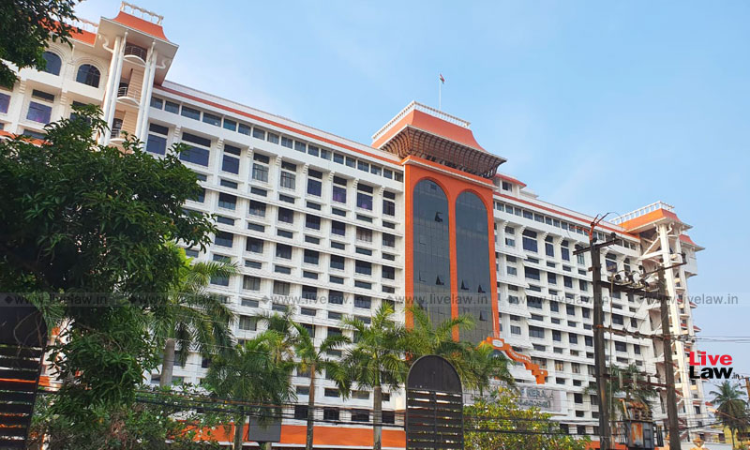Being A Court Of Record, High Court Can Review Its Own Judgments Under Article 226 Of the Constitution: Kerala High Court
Lydia Suzanne Thomas
30 May 2021 9:36 PM IST

“…The honesty, fairness, purity of mind, and approaching the writ court with clean hands should be of the highest order and is a sine qua non to maintain a writ petition and secure orders, failing which the litigant should be shown the exit door at the earliest point of time..”
Next Story


